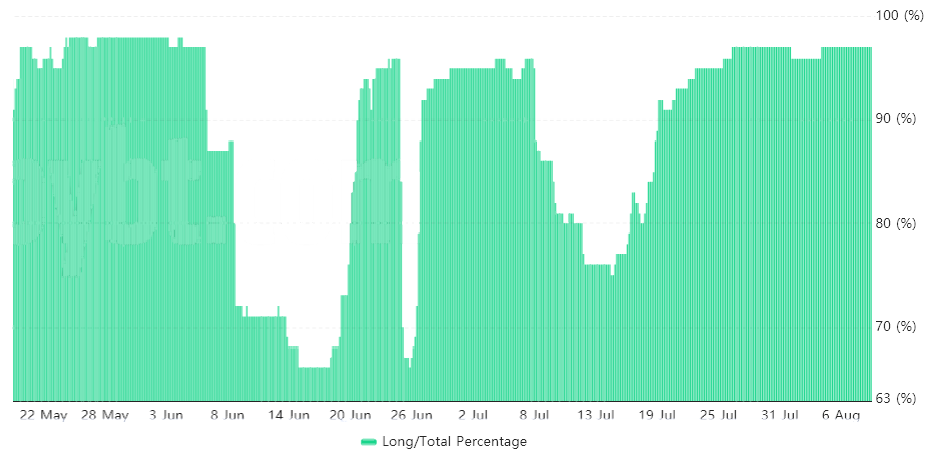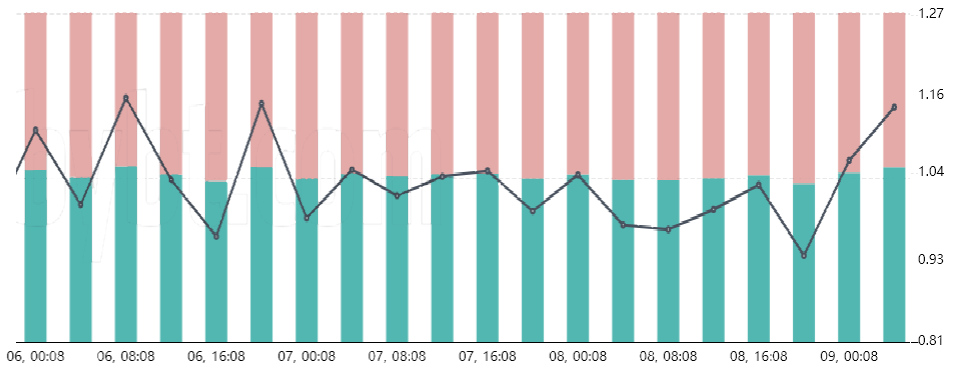Bitcoin (BTC) hiked 20% in seven days in an unexpected move that brought the price to its highest level since May 18. The price appreciation happened despite U.S. Treasury Secretary Janet Yellen reportedly supporting a broader definition of crypto companies in the HR 3684 infrastructure bill currently being considered in the U.S. Senate.
Even though Bitcoin price continues to surge higher, investors are worried that regulation could erase the recent gains, but derivatives indicators show no sign of confidence from the bears.

Holders keep ‘hodling’ and inflation benefits the crypto market
On-chain analysis firm Glassnode highlighted that coins held for 12 months and longer are not being moved despite the strong rally, indicating a “holding behavior.” Meanwhile, the Crypto Fear and Greed Index, a well-known indicator that tracks volatility, volume, social media, dominance and Google searches, moved from “moderate” to “greed.”
The 74 point indicator reached on August 8 was the highest level since April 18, indicating that investors firmly believe that the bottom of this cycle is behind us. The index ranges from 0 (extreme fear) to 100 for maximum greed.
It is worth noting that the United States Bureau of Labor Statistics will release July’s inflation report on Wednesday, with markets forecasting a 0.5% increase. Cryptocurrency markets also reacted positively after Federal Reserve chairman Jerome Powell failed to explain how the 5.4% year-over-year increase on the consumer price index (CPI) would recede.
Margin and futures markets show little activity from bears
Analyzing derivatives indicators can help confirm whether these positive expectations are reflected in professional traders’ data. The first one is the Bitfinex margin long ratio, which drastically changes when bearish bets are made.

Bitfinex margin traders are known for creating positions of 20,000 or higher BTC contracts in a very short time, indicating the participation of whales and large arbitrage desks.
Next, analysts should evaluate the futures market by measuring the percentage of top clients either betting on the upside (longs) or downside (shorts). Keep in mind that the outstanding amount in longs and shorts contracts are balanced at all times in futures markets.

Both the Bitfinex margin and derivatives exchange futures markets point to a lack of confidence from bears right as Bitcoin breaks through the $45,000 resistance. This suggests that the recent 20% rally is well-founded and not simply a blip or the result of heavy liquidations.
The views and opinions expressed here are solely those of the author and do not necessarily reflect the views of Cointelegraph. Every investment and trading move involves risk. You should conduct your own research when making a decision.






Leave A Comment